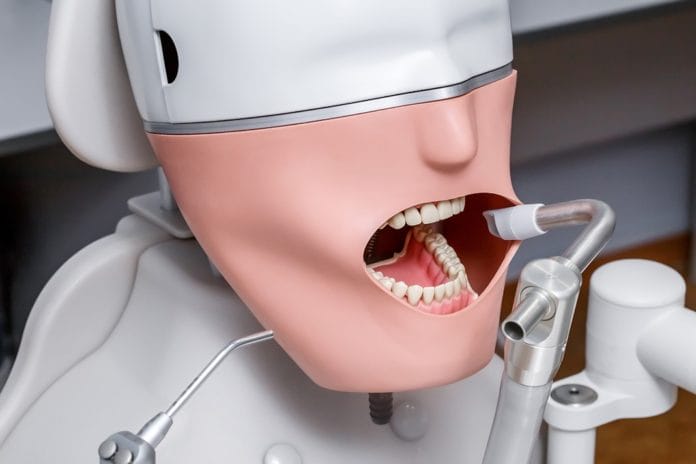Planning has always been pivotal to becoming an effective dental hygienist. Prior, proper, planning is another beast. I’m borrowing this mantra from a trusted colleague/mentor because I have reflected, and recognized this coined phrase has been following me since I began my journey as a dental hygiene student. This mantra is still expected from dental hygiene students, which is another observation I’ve noticed in my newly embarked upon career, as a dental hygiene educator. Many of our readers are in fact students, so this piece is dedicated to students around the nation who are cramming for finals, stuffing their brains full of material for national boards, and searching high and low for the “perfect” candidate for competencies.
PRIOR
According to the Oxford dictionary (Oxford, 2018), prior means existing or coming before in time, order, or importance. What does this mean for a dental hygiene student, when one is expected to juggle multiple classes, while applying hands-on skills, all the while worrying about “finding patients,” especially qualifying patients? Simply put, begin planning ahead. Don’t wait until the last minute to start your projects and papers. Certainly, plant the seed to your acquaintances you are in dental hygiene school, and you will be needing their help being patients; kindly ask them to spread the word to their acquaintances, which could also lead to potential patients for you.
It is no secret when you enter hygiene school you will need to apply your new-found skills on somebody. Don’t delay in making this known. Friends and family will want to support you on your road to being successful. Be open and upfront about your needs and what that will require.
Being on top of it from the get-go means developing a system which will guide you along the way to be organized with the hundreds of handouts and due dates. What works for one student will not be the answer for another classmate. Determine your system immediately! Managing your academic life will allow you not to get behind, and more importantly, not forget critical items that can and will determine the possibility of successful outcomes.
PROPER
As noted above, there are many ways to prepare properly. One area I have noted needing attention is listening and understanding instructions. Dental educators are humans, and we do not always clearly inform students of our expectations – very much unintentionally. However, students must remember they are in control of their own education and must be their own advocate. An instructor is not a mind reader and cannot determine on their own if a student needs further clarity.
Proper planning means looking ahead at a project or assignment, reading the instructions, and recognizing areas that may need further explanation. It is a guarantee that an instructor will be happy to help, so long as the student shows initiative to bring this forward sooner rather than later. A quote I have told my children is, “Lack of planning on your part does not constitute an emergency on my part!” This can also be used in education. When an instructor notices trends amongst classes and students that indicate “waiting until the last minute,” he/she may not go “out of their way” at the last minute. Kudos to the students who do work and look ahead. Instructors pay attention to these trends as well.
PLANNING
Dental hygiene educators are dental hygienists, who tend to hold their profession in very high regard. So much so, they have dedicated countless hours to developing students into proficient individuals, who can approach their board examinations with the knowledge and confidence needed to become licensed individuals. It is no mistake that instructors have high expectations in dental hygiene programs since they are expected to develop professionals. Much planning goes into what path is needed to accomplish the necessary requirements to meet the expectations of the Commission of Dental Accreditation (CODA), the accrediting body of dental hygiene programs.
Understand that your instructors will follow the outline which is designed to walk alongside your success. Instructors do not just sit around coming up with learning experiences to “just make your life miserable.” They are engaging you in moments that are preparing you for real-world situations, that will come sooner than you think. When your instructor asks you to be prepared for class, he/she is exposing you to the expectations which come with becoming a professional in the “real” dental world. In your future, you will be expected to review a chart prior to the day. You will be expected to hand in your hours on time if you want to be paid. You will be expected to take continuing education courses to maintain your license. You will be expected to work as a team. These are just a few of the expectations you will encounter.
Dental hygiene school is the time to learn and grow; with both these comes the opportunity to blossom into the best version of yourself that you can be as a future dental hygienist. Use prior, proper, planning to your advantage. It will be guaranteed to find you the success you deserve, so long as you invest in yourself and your education.
SEE ALSO: Dental Hygiene School: Skip the Stress, Hit the Strategies
DON’T MISS: Tips for Succeeding in Hygiene School I Wish I Knew
Reference
(n.d.). “Prior” definition. Retrieved from https://www.bing.com/











